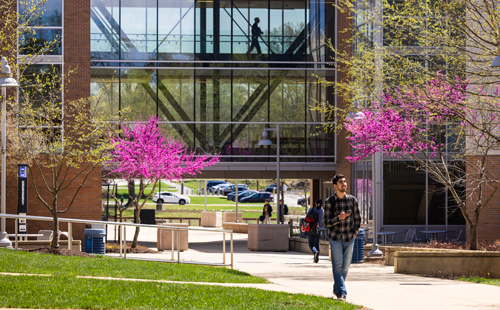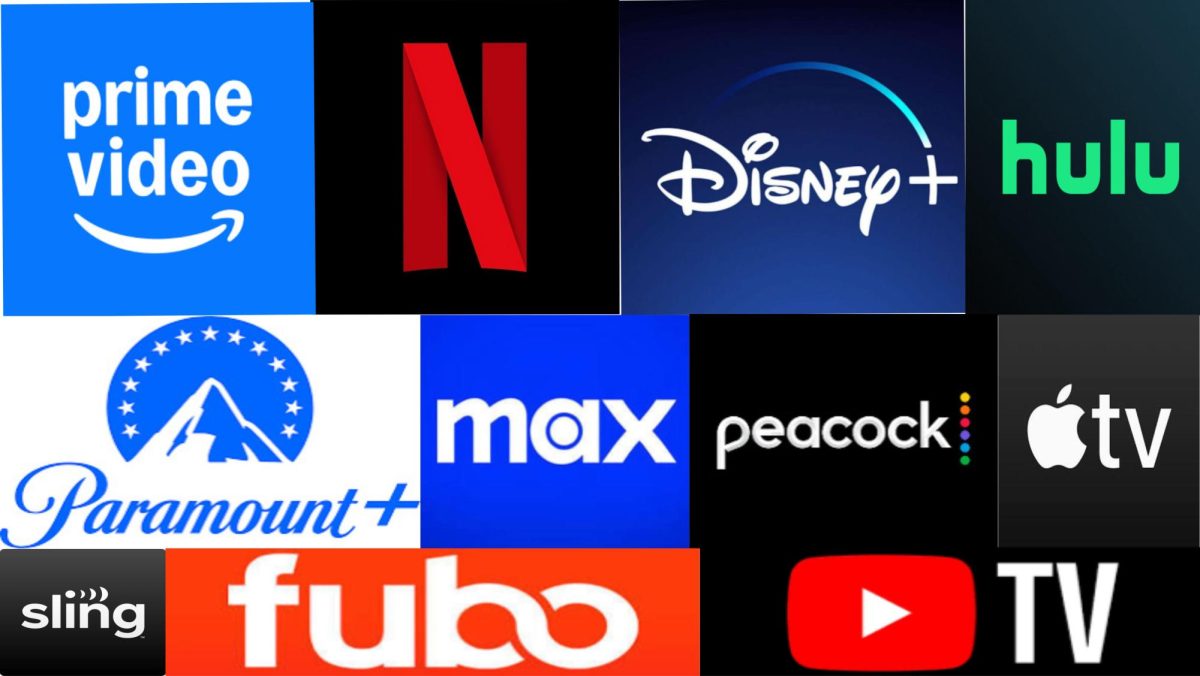America has a lot of problems right now.
But the most disturbing problem isn’t what’s going on in the Middle East or in Congress or with the President—it’s a domestic problem we can’t seem to sort out—the growing income gap.
According to a Nov. 3, 2011 article from ProPublica, a journalistic news source, from 1979 to 2007 the top one percent of households in America experienced a 275 percent increase in income growth, while the bottom fifth has experienced only an 18.3 percent increase.
The Occupy protestors have been demonstrating across the country against this disparity, but no one seems ready to change anything, maybe because the necessary change contradicts something renowned in America and crucial to our economy: capitalism. Many of Obama’s opponents are bent on complaining that he is a socialist. His supporters are quick to point out he’s not, but I want to ask, so what if he is? What is so wrong with socialism?
Socialism is an economic style in which the government has vested control of ownership and distribution of capital. Unlike communism, it gives people their liberties and rights to do what they want with their careers.
The American Dream is the idea that a person can capitalize on opportunity and create his or her own success—but one glaring problem in capitalism is that it is success at another person’s expense. We live in an individualistic culture where achieving success on a personal level is the dream. Is that the dream we want for our country?
Capitalism focuses on the appearance of success. Yes, America has done well, but our recessions and declining state of economy prove that our system needs improvement. While it has several positive aspects—it encourages innovation, responsibility and supports freedom—it has some fundamental flaws that hurt more than help.
According to a Nov. 6, 2009 Forbes article, free market capitalism assumes that the leaders of enterprises will have the integrity to keep the economy fair and just. Unfortunately, we cannot trust humans to do that because it is human nature to look out for ourselves over each other.
Capitalism in itself rewards consumers more than creators and doesn’t solve the problem of the income gap. This is evident in Wall Street—people make more money speculating on the value of a product than the people who actually created the product. And while it is fine for people to profit off someone else’s work, too many people manipulate the system to their advantage.
Socialism also has its flaws, but it is the more noble option. The common argument against it is that if a person works hard for his money then he shouldn’t have it taken away by taxes, but it’s not as clear cut as that. The definition of working hard is relative. Let’s take two archetypes.
Archetype number one is someone living in southeast D.C., juggling two jobs to pay the electricity bills and the mortgage. He works as many shifts as he can to make extra money. He comes home late to make sure his kids don’t get sucked into gangs and drugs. His kids have to do as well as they can at a D.C. public school where teachers deal with many struggling kids, and college acceptance is far from guaranteed.
Archetype number two is a CEO who has to juggle his employees at a large company but makes enough money to live in an affluent neighborhood with good schools. He doesn’t get to see his family as much as he’d like. Who works harder?
When we’re born into a certain class, we expect to either stay stagnant or move up, assuming we don’t make poor life choices. We neglect the fact that society makes it difficult for some people from the start and then tells them it’s their responsibility to climb up a steeper ladder. Socialism does more to protect those people.
Yes, you have to pay more taxes. Yes, a large welfare state can be inefficient, and many people may not trust the government to handle their money. In reality, bits of socialism are already around through programs like Medicare, Social Security and public education. The money collected can then go into improving the system. With proper regulation, it’s the best form of economic government for a community. The unemployed are not all slackers; our current recession should have taught us that.
The job of the government isn’t just to ensure equality of opportunity, it is to save the people who fall through the cracks of the system. Because we live in a consumer-driven capitalistic society, we are selfishly inclined to protect our own money, and that is okay. But when we envision a free America that offers opportunity for all, we should think about whether that opportunity really is for all, or whether we’re just choosing to live in a bubble because it’s more convenient for us to ignore those who need the extra help.







